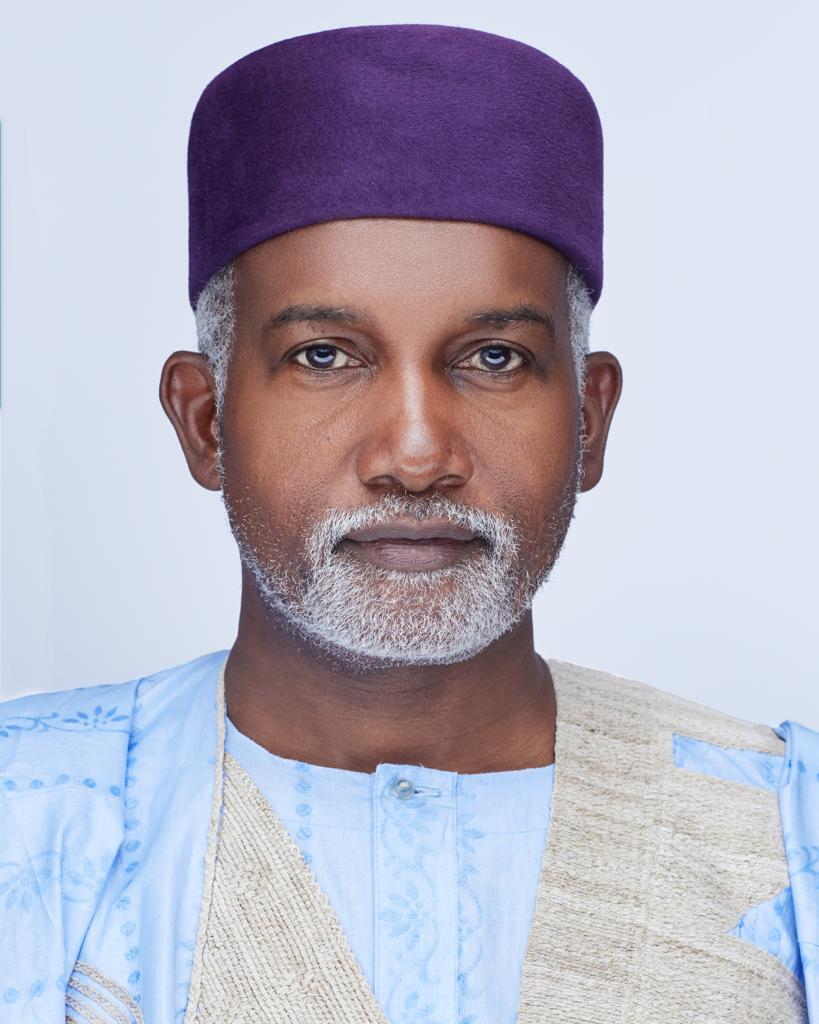Amb. Yusuf Tuggar, Nigeria’s Foreign Affairs Minister and Chair of the ECOWAS Council of Ministers, says the bloc will continue to lead as model bloc among Africa’s regional economic communities.
He also said the bloc would play the role through innovations, such as the adoption of community levy which has engendered financial autonomy and a host of ambitious programmes and infrastructure projects.
Tuggar disclosed this in Lagos on Wednesday in his address of welcome during the commemorative ceremony of the 50th anniversary of ECOWAS) with the theme: “Stronger together for a brighter future”.
According to him, the event reflects the historic journey of ECOWAS from its inception in 1975 to its emergence as a cornerstone of regional unity, economic integration, and collective security.
Tuggar said, “ECOWAS emerged from colonial rule out of a shared recognition that the region’s development could not proceed in isolation.
“ECOWAS stands today as a leading model among Africa’s regional economic communities with innovations such as the community levy, which has enabled financial autonomy and a host of ambitious programmes and infrastructure projects.
“These include ECOWAS Trade Liberalisation Scheme (ETLS), SIGMAT system for customs data integration, Abidjan-Lagos and Abidjan-Dakar transport corridors, West African Power Pool, and framework for the African-Atlantic Gas Pipeline, which embody ECOWAS’s mission of economic and infrastructural connectivity.”
He described the withdrawal of Burkina Faso, Niger, and Mali from the bloc as a temporary development, and urged the community to remain focused on its larger vision.
“Democracy is a process not an event and the path of shared prosperity will ultimately draw all member states back into the fold.
“No single country in the region can achieve the scale necessary for global competitiveness on its own, only through ECOWAS can West Africa realise its full potential.
“This time, we will not be left behind, we will be organised under ECOWAS.
“This time it will be fair, inclusive and driven by our own terms,” he added.
The chair paid tribute to the visionary leadership of the community’s founding fathers who understood that integration, not division, is essential for growth, peace, and stability.
He reiterated the relevance of ECOWAS in responding to the challenges of today’s world from unregulated technologies and artificial intelligence to climate change, organised crime, and violent extremism.
He, therefore, called for renewed commitment to multilateralism, stressing that in an era of increasing global fragmentation, the need for institutions like ECOWAS has never been more urgent.
“Nigeria, as the birthplace of ECOWAS, remains deeply committed to the ideals of integration, solidarity, and shared progress.
“The 50th anniversary is not just a celebration of the past, but a recommitment to a common future,” he stated. (NAN) (www.nannews.



